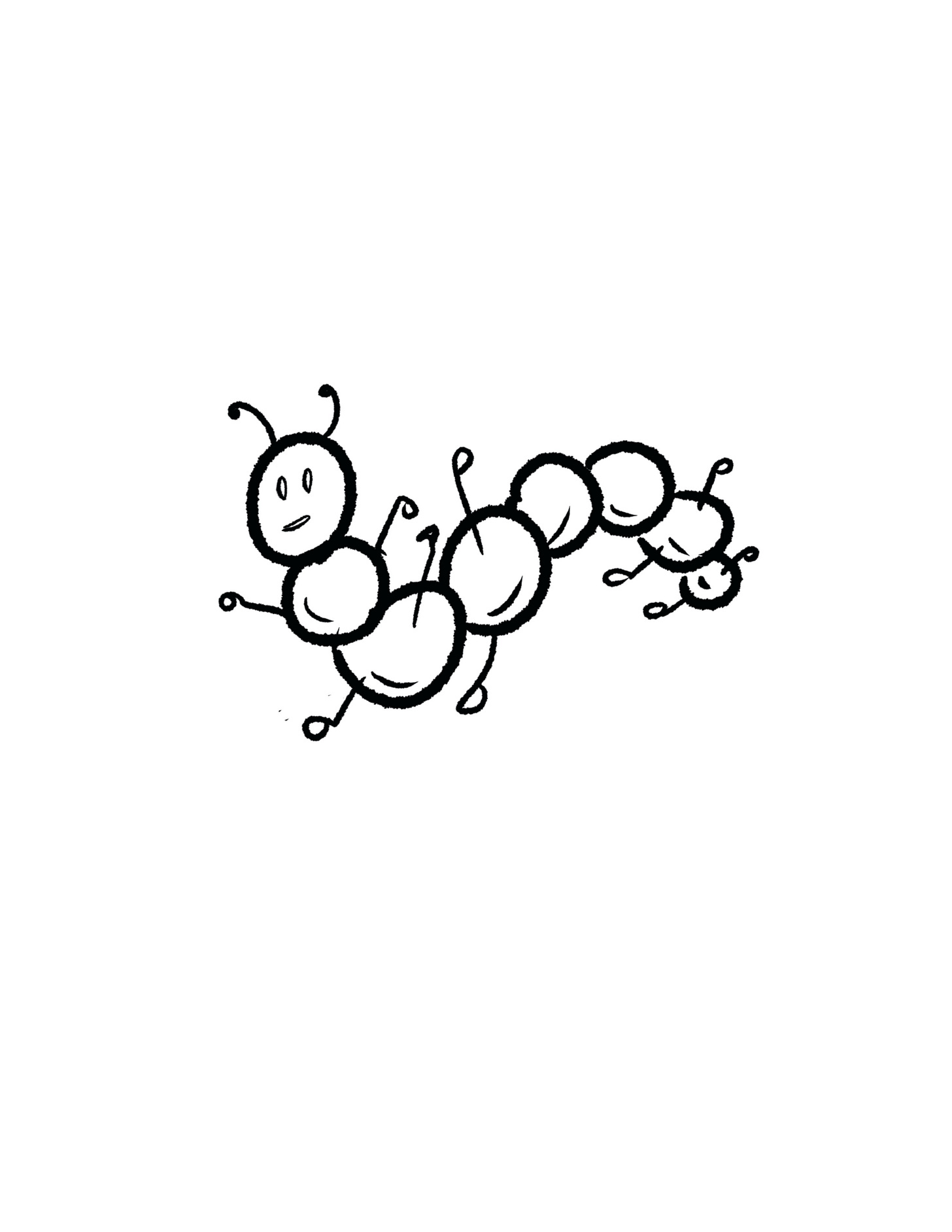I don’t have children, but I talk about childhood a lot. I have nieces and nephews, to whom I am an uncle, and some of my friends have children, to whom I am an uncle, undefined. I think about my own childhood less and less these days, though there are always reminders—pictures on mantels, on desks, little joys at the sight of certain nostalgia, little hurts from others.
“Childhood,” as we understand it, didn’t really exist prior to the 17th century. I just found this out. In ancient Rome, if a woman gave birth to a child that wasn’t wanted—because it was deformed, too small, or sometimes just because it was a female—they would often be thrown into the garbage or given away or sold into the slave trade. Swaddled babies lay atop rubbish heaps, mewing and kicking as the sun rises over Hadrian's Pantheon. An almost funny visual if it weren’t true.
Kids want to be adults and adults want to be kids. I don’t want to be a kid again. I want to feel like a kid, in my body and in my thoughts, and be able to look out at a backyard and see a wonderland. Amber still sees much of the world this way. She works the land in our big backyard, planting, pruning, fussing, obsessing, the way you would with a child. She has a deep emotional connection to the world in a way I don’t. We joke about it, about her child-like obsession, but it’s only to break the creeping sadness of knowing things die.
I don’t ever want to be sad like a child again, that all-consuming, endless sadness that seemed to only end when you got too hungry or too tired to keep crying, as if sadness were an organ my body kept rejecting.
Life feels like endless unfolding, endless revealing and discovery. Even now. Especially now. Knowing fairness isn’t a real thing. Or justice. That the adults who came before us (and the ones who came before them) stripped fairness, kindness, and justice from their contract with the world, trading them for egotism, avarice, and mercilessness.
But the child prevails in the tenderness. Something we got to take with us.
I know a lot of tender people, either in their touch or their sensitivity (or both). And I know many troubled people, too—friends who contort themselves around their childhood wounds and traumas, twisting into deformed shapes while calling it ballet. I’ve done a few of those arabesques.
I like kids. We decided not to have any of our own, but we’re still deeply invested in the lives of many kids, both family and those who feel like family. They’re such a strange joy—the endless questions, the passionate (and preposterous) negotiations, the unique ability to weave fact and fiction in an endless braid of imagination and lunacy. We probably should have had kids.
When my stepfather was sick, I went to visit him and my mother in Florida. We sat out by the pool on a cloudy day, and I asked him to tell me something he regretted.
Though they had only recently been married, he’d been in my life for more than 20 years at that point. We spent endless evenings together, holidays of all sorts. We argued. Sparred, really. We loved it. My mother hated it. She never liked any kind of argument, even if it was playful prodding. He became a father to me in ways I would not have been able to articulate at the time—a fait accompli kind of influence, guiding my decisions and my understanding before I even knew it. To put it simply, I loved him. I think he loved me, too, though sometimes I felt I wanted more from him, a deeper closeness. But I wasn’t sure, and I didn’t want to be turned down, tossed on a rubbish heap like those babies in ancient Rome.
He thought for a second about my question, turning his head to the sky for an answer.
“I wish I’d had children,” he said.




This also reminds me of how kind you were to Max the first time you came to our house, when he was wee, and you played at our house, and Marley got sick. Thank you for that, all the brilliant music, and for helping Max out now. Means a lot.
Really loving these essays, Alex. Beautifully, originally, and thoughtfully written - I would expect no less. Much love to you and Amber.